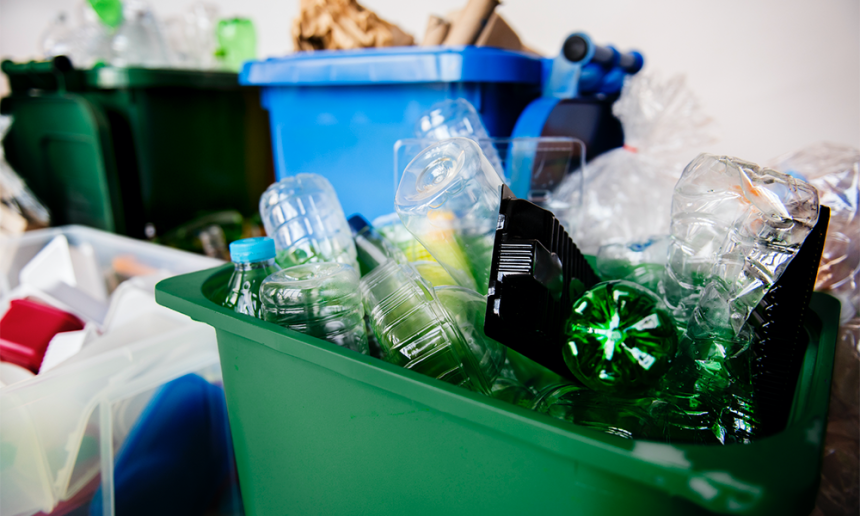Plastics resource and recycling charity, RECOUP, has called for the industry to agree to the basic principles of plastics recycling advice and support organisations and councils who strive to deliver this message.
The Kent Understanding Plastics ‘Live Lab’ project, part-funded by Innovate UK, part of UKRI and industry partners, Kent Resource Partnership, Veolia, Ecosurety, British Plastics Federation, Plastics Europe, and PPS Recovery Systems, has produced the Best Practice Guide for UK Plastics Recycling Communications to facilitate the core citizen messaging aimed at improving the quality and quantity of plastics recycling collected kerbside.
RECOUP says that citizens want to do the right thing when it comes to recycling, and they consider their local authority to be a trusted source of information.
A lack of accurate information on plastics recycling is holding back recycling rates.
The work, also supported by Ocado, Sainsbury’s, and OPRL, allowed for face-to-face engagement with citizens in retail settings, online discussion groups, social media, and questionnaires. The feedback was captured and used to develop a ‘Top 20 Easy Wins’ within their Best Practice Guide, which RECOUP says will help drive behaviour change if adopted.
RECOUP says that this reinforces the importance of transparency in plastics recycling end market information and further highlights the importance of accuracy in messaging. It says that the work also points to the importance of accurate data concerning kerbside target and non-target materials and calls for national uniformity to enable fair comparisons to be made.
Head of Citizen & Stakeholder Engagement at RECOUP, Anne Hitch, said: “A lack of accurate information on plastics recycling is holding back recycling rates as citizens continue to act from an unsubstantiated knowledge base.
“Local Authority websites can lead to confusion as the message for plastic bottles nationally continues to vary with only 28% of UK authorities giving the correct advice on bottle preparation.
“Bottle tops do not get the opportunity to be recycled unless they are attached to the bottle, a fact which is often misunderstood or miscommunicated.”
